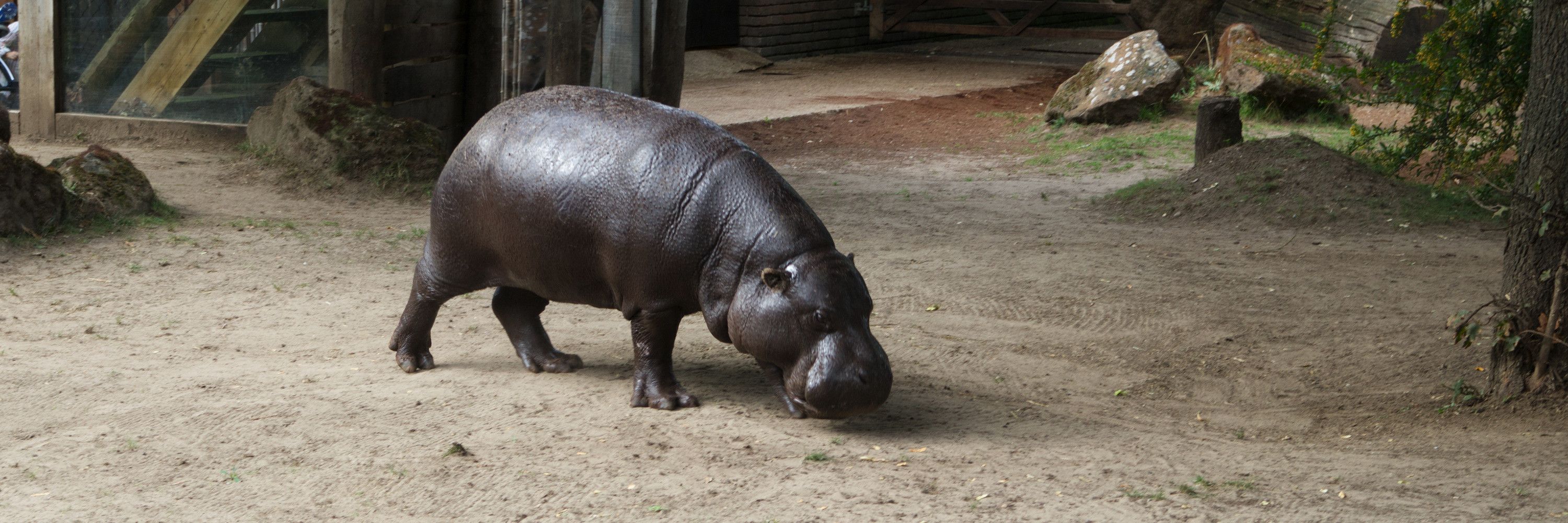
🧪 https://neural-reckoning.org/
📷 https://adobe.ly/3On5B29
Anything that says AI is doing 6 months of work in a day when they still can't match parentheses consistently is going to make scientists raise an eyebrow and scroll on without clicking.
Anything that says AI is doing 6 months of work in a day when they still can't match parentheses consistently is going to make scientists raise an eyebrow and scroll on without clicking.
neural-reckoning.org/pub_neuromod...

neural-reckoning.org/pub_neuromod...
bsky.app/profile/neur...
bsky.app/profile/neur...

